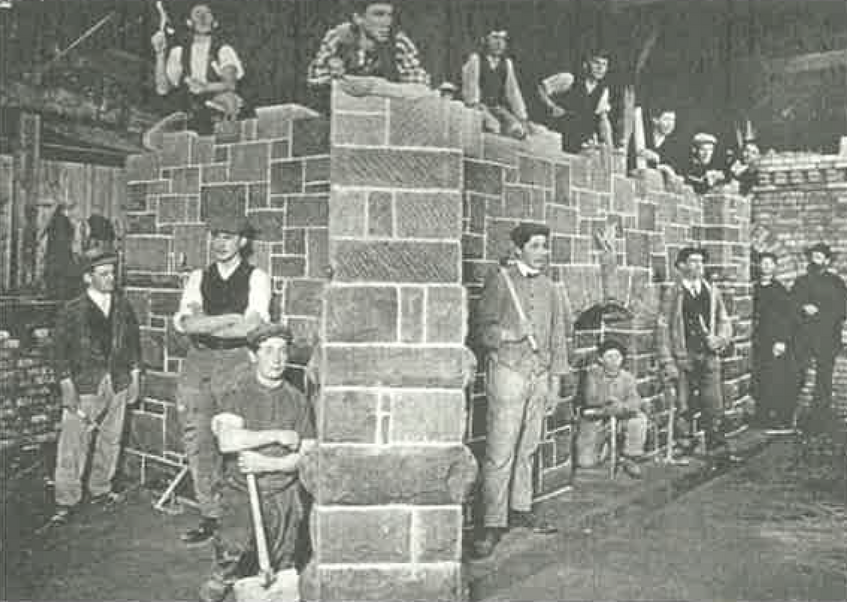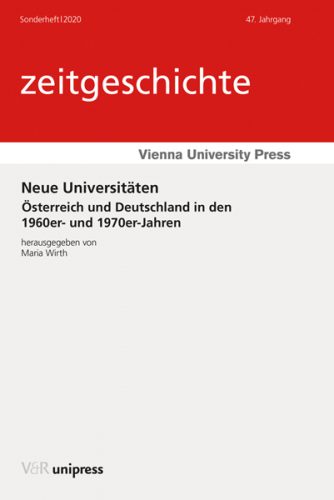
Johann Roner: Die Gewerbeschule der Stadt Zürich 1780-1913, Zürich 1914, Beilage 7, in: Christoph Rauhut: Die Praxis der Baustelle um 1900. Das Zürcher Stadthaus, Zürich 2017, S. 73.
Members
Linda Erker
Claudia Kraft
Herbert Posch
Markus Stumpf
Maria Wirth
Former Members
Katharina Kreuder-Sonnen
Carola Sachse
Friedrich Stadler
Contemporary History as the History of Knowledge and Science
The researchers involved in the focus area aim to question fundamental categories of contemporary historiography from a history of knowledge perspective and to use this as a starting point to develop innovative contemporary historical narratives. We always understand knowledge as historically, socially and locally situated. We also investigate the transnational circulation and appropriation of knowledge. The knowledge we examine often has its crystallisation core in the sciences, but it also extends beyond them. In particular, non-scientific actors and their forms and practices of knowledge are included in the analysis.
One central category that we examine in this way is space.
The still effective internal division into Western and Eastern Europe, which often leads to stereotypical historical interpretations, is being challenged by innovative approaches in area studies. By historicising spatial orders as orders of knowledge and at the same time examining the agency of historical actors for continuities as well as for changes in spatial concepts, geopolitical ideas are liquefied and new perspectives on the regionality of Europe, but also on Europe as one of the world's regions, are made possible. New concepts in the history of knowledge, such as "phantom borders", are tested and further developed at the professorship using case studies, for example by asking about the continued impact of the knowledge systems of the Cold War even after the end of the system conflict.
The second category that we analyse from the perspective of the history of knowledge and science is gender. In this way, the emergence of hegemonic knowledge systems is historicised and it is made clear that the category of gender has always been embedded in existing knowledge systems. See also the Key Research Topics Contemporary Women's and Gender History.
A third central research area is law: here, the interactions of both local and transnational juridification processes with discursive orders and historical practices are examined, which rarely ran synchronously with legal codification and unification. Law is thus understood as a historical knowledge resource that must also be historicised in its contingency.
Finally, it is important to take a self-reflective perspective on historical science as an actor in the field of knowledge production and knowledge transfer. The history of the 20th century in particular still appears to be a battlefield for disputes about historical policy and the culture of remembrance. The task of innovative contemporary history is to contribute to the objectification of these debates through reflected research, but at the same time to understand itself as part of these discursive orders and to locate itself in them in a self-critical way. This also includes permanently shifting the boundaries of contemporary history and also subjecting historical processes that are not yet completed or that tangibly extend into our present world to historicisation. The study of contemporary phenomena such as populism, identity politics or new subjectivisation practices in the age of neoliberalism should help to understand current social conflicts in their historical development and contextualise them in terms of contemporary history.
As of 7/2020

